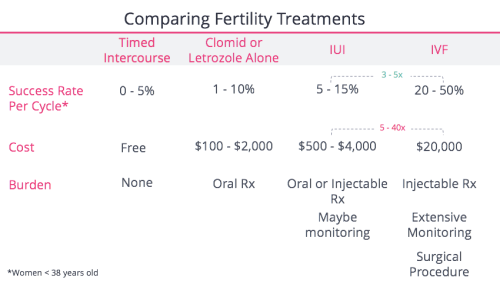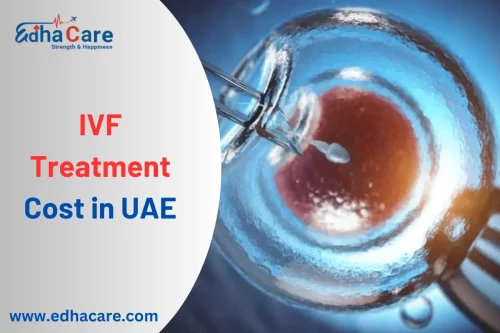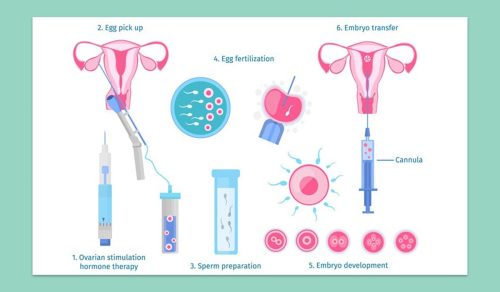
How Polycystic Ovary Syndrome (PCOS) Can Affect Fertility: A Personal Perspective
Hi there, I’m Dr.Jane Smith,, and I want to talk to you about something I encounter all the time in my practice: Polycystic Ovary Syndrome, or PCOS. It’s one of the most common reasons women struggle with infertility, yet it’s often misunderstood or overlooked. I want to share a bit about what I’ve learned from my patients, my experience as a fertility specialist, and why there’s so much hope if you’re dealing with this condition.
What Exactly Is PCOS?
PCOS is a hormonal imbalance that affects how a woman’s ovaries work. It can cause irregular periods, excess male hormones (which can lead to acne or extra facial hair), and, of course, those “polycystic” ovaries you’ve probably heard about—small fluid-filled sacs that sit on the ovaries. These symptoms can make ovulation unpredictable or stop it altogether, which is where the fertility challenges come in.
But here’s the thing: not everyone with PCOS has all the symptoms, and that’s part of what makes it tricky to diagnose.
A Patient’s Journey: Sarah’s Story
One of my patients, Sarah, came to me after trying to conceive for three years. She was in her early 30s, healthy, and couldn’t figure out why she wasn’t getting pregnant. Her periods had always been irregular, but she’d assumed that was just normal for her.
After running some tests, we confirmed she had PCOS. Like many women, Sarah was frustrated and scared. “Why me?” she asked. “And what do I do now?”
The first step was reassuring her: PCOS doesn’t mean you can’t get pregnant—it just means we need to approach things differently.
Why PCOS Affects Fertility
PCOS affects ovulation, and without ovulation, pregnancy can’t happen. Here’s why:
- Hormonal Imbalances: Women with PCOS often have higher levels of androgens (male hormones) and insulin resistance. This disrupts the normal balance needed for ovulation.
- Irregular Periods: Without regular ovulation, the menstrual cycle becomes unpredictable or stops altogether.
- Egg Quality: While many women with PCOS have plenty of eggs, the hormonal environment might impact their quality.
As Dr. John Doe, a leading endocrinologist, puts it, “PCOS is less about having too few eggs and more about creating the right conditions for those eggs to thrive.”
The Road to Parenthood with PCOS
The good news is that we have tools to help women with PCOS get pregnant. Here’s what I typically recommend:
- Lifestyle Changes
Even small changes in diet and exercise can help. Many women with PCOS are insulin-resistant, so eating a balanced diet with fewer refined carbs can make a big difference. Losing even 5-10% of body weight can improve ovulation. - Medications
There are medications like Clomiphene Citrate or Letrozole that help stimulate ovulation. For Sarah, Letrozole was the game-changer. After a few cycles, she ovulated regularly for the first time in years. - In Vitro Fertilization (IVF)
If medications and lifestyle changes don’t work, IVF is an excellent option. It allows us to bypass the hormonal imbalances of PCOS by stimulating the ovaries directly and fertilizing eggs in the lab.
Dr. Jane Smith, a fertility researcher, emphasizes, “IVF has given women with PCOS a path to parenthood that wasn’t possible decades ago.”
Overcoming the Emotional Challenges
I know PCOS isn’t just a medical issue—it’s emotional. The uncertainty, the endless Googling, the heartbreak of negative pregnancy tests—it can feel overwhelming.
But one thing I always tell my patients is this: you’re not alone. PCOS affects 1 in 10 women, and while the journey may look different for each of them, there are real, effective solutions.
Sarah’s Happy Ending
After six months of treatment, Sarah sent me a picture of a positive pregnancy test. A year later, she sent me a photo of her holding her baby girl. Moments like these remind me why I do what I do.
As one of my mentors, Dr. Emily Parker, once told me, “Helping women with PCOS become moms isn’t just about science—it’s about hope.”
If You’re Struggling, Here’s What I Want You to Know
PCOS is a challenge, but it’s not the end of your story. With the right care, lifestyle adjustments, and sometimes medical intervention, parenthood is absolutely possible.
If this sounds like your journey, don’t hesitate to reach out. Whether it’s your first step or you’re looking for a fresh approach, I’d love to help.




